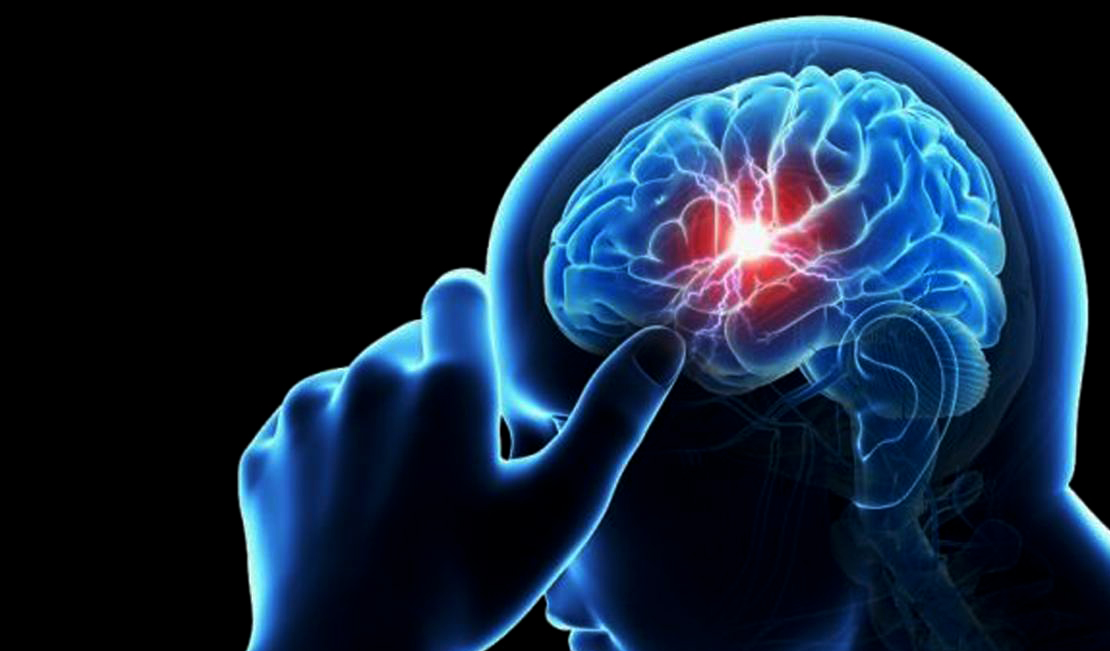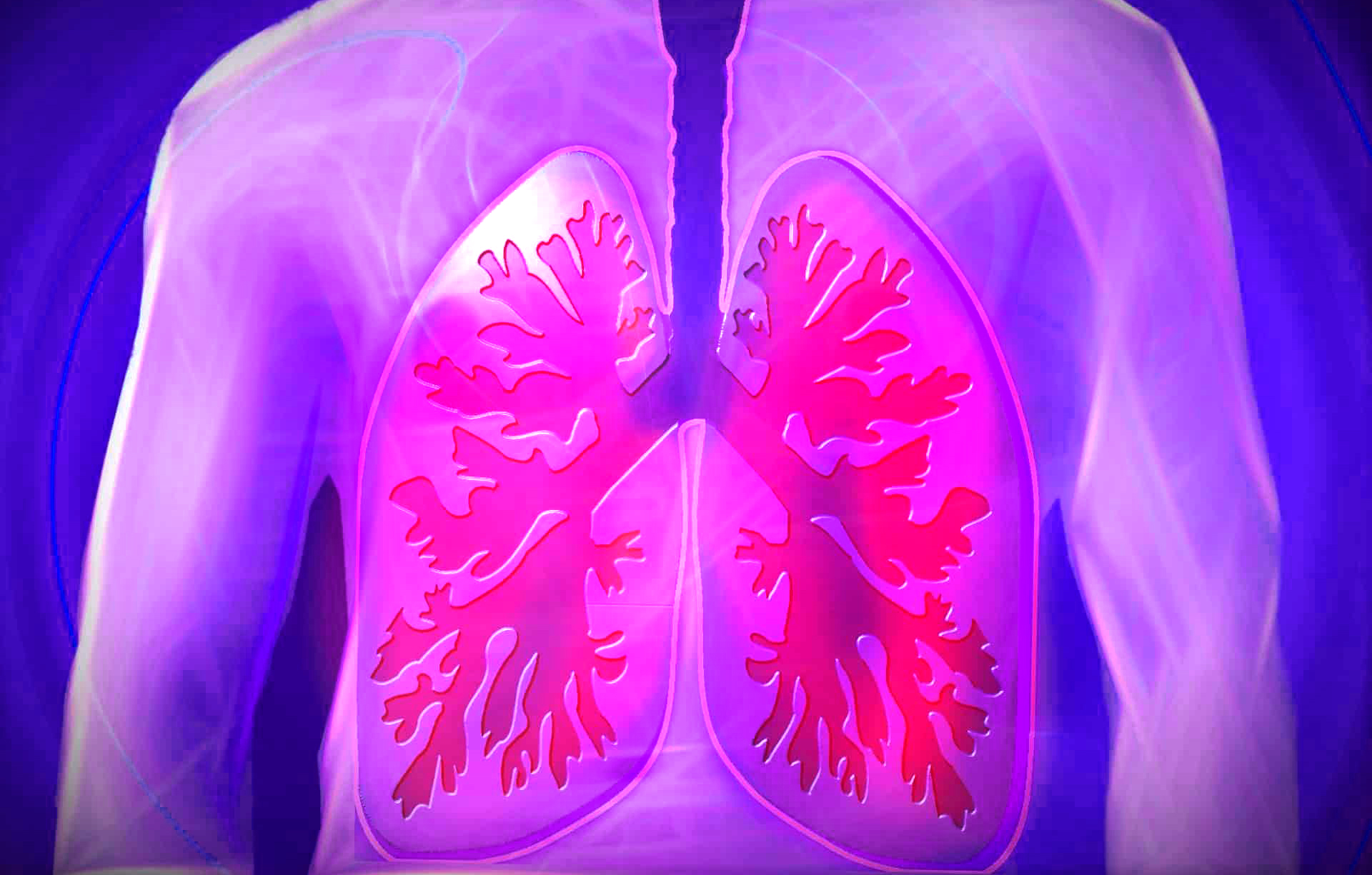[et_pb_section bb_built=”1″][et_pb_row][et_pb_column type=”1_2″][et_pb_text _builder_version=”3.13.1″]
Due to various causes, the blood supply that carries oxygen to the brain is not enough to keep it conscious and alert.
There is then a loss of consciousness that can be complete or partial, but that is quickly recovered again. This is called fainting, syncope, or fainting.
Symptoms: Sudden weakness; Pallor; Cold sweating Blurry vision; Unconsciousness or semi-consciousness: the obnubilated person will be noticed, with little reaction to stimuli; Sudden fall to the ground; Superficial respiration; Weak pulse
Causes:
There are people to whom strong emotions such as anxiety, fear or even joy suppose an overexcitement that can lead to lipotimia.
- Closed sites with poor ventilation often produce a feeling of overwhelm, and cause anxiety attacks and syncopes.
- Fasting maintained in time
[/et_pb_text][/et_pb_column][et_pb_column type=”1_2″][et_pb_text _builder_version=”3.13.1″]
- Pain, because it affects very differently each person, can cause the brain to disconnect and cause the person to suffer fainting.
- Extreme heat that causes a sudden drop in tension.
- Normally it also depends on the person, because what does not affect someone else can generate anxiety that causes an episode of lipotimia.
- Fainting is also associated with phobias, which cause fears that may also lead to fainting.
Faced with a faint there are some actions that we should not undertake:
- Do not give anything to eat or drink until the person is fully recovered, in which case you can give water.
- Never leave the victim alone.
Always take care of your health with a unique and efficient service. Visit Pharmamedic.

[/et_pb_text][/et_pb_column][/et_pb_row][/et_pb_section]







